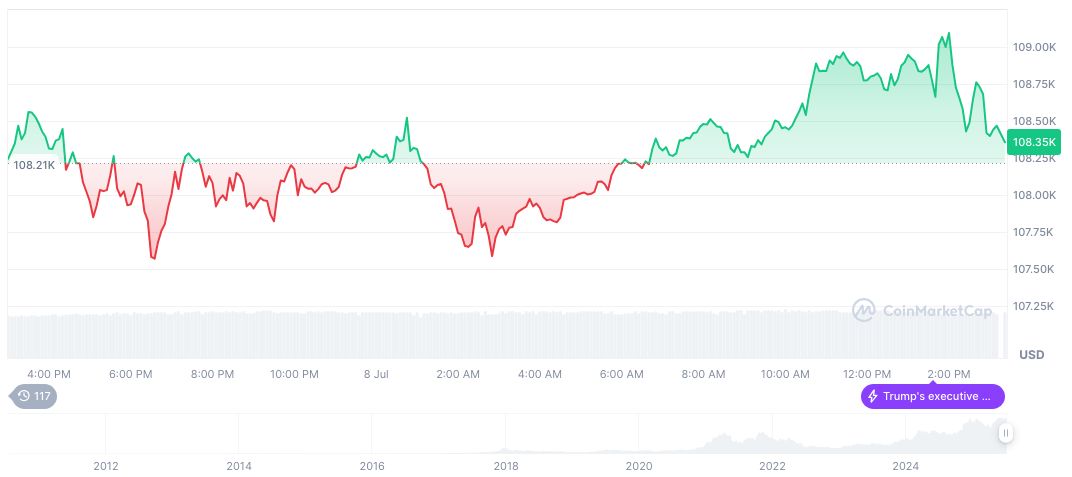- New Zealand bans crypto ATMs, limits international transfers to $5,000.
- Reform targets money laundering and terror financing.
- No official reactions from major crypto figures observed yet.
New Zealand’s government has banned cryptocurrency ATMs and set a $5,000 limit on international cash transfers as part of a clampdown on money laundering.
This measure significantly restricts retail crypto access in New Zealand by eliminating ATM usage and curtailing international fund transfers.
New Zealand’s Crypto ATM Ban: Details and Motivations
New Zealand has banned all crypto ATMs to address issues surrounding money laundering and illicit funding, impacting approximately 220 machines. The country’s Assistant Minister of Justice, Nicole McKee, spearheaded this policy. International cash transfers are capped at $5,000, enforcing stricter controls on fund flows.
The government aims to curb retail level crypto trading access and prevent illegal activities financially. Immediate implications also include limitations on transactions exceeding $5,000, further targeting high-value exchanges. These changes are a response to ongoing global financial crime efforts.
Nicole McKee, Assistant Minister of Justice, New Zealand Government, “We are committed to combatting illicit fund flows and criminal activities associated with cash and cryptocurrency.”
Reactions from major crypto figures like Vitalik Buterin and Changpeng Zhao have yet to emerge publicly. Most industry stakeholders are still assessing the long-term effects. Without direct responses from authorities or market shifts, it remains unclear how this will influence future business and trading strategies.
Historical Parallels and Market Predictions
Did you know? China and India have also implemented crypto ATM bans, reducing retail trading access similarly and impacting local market dynamics.
Bitcoin (BTC) is currently priced at $108,774.31, maintaining a market cap of 2.16 trillion USD with a 64.13% dominance, according to CoinMarketCap. Its 24-hour trading volume stands at $41.92 billion, with a slight decrease of -2.02%. Over the past 90 days, Bitcoin has seen a notable increase of 32.55%.
Coincu research suggests that these regulations could foster a rise in peer-to-peer trading platforms locally as traditional access points diminish. Historical trends show short-term decreases in trading volume but eventual adaptation in crypto markets, fueling further regulatory discussions.
| DISCLAIMER: The information on this website is provided as general market commentary and does not constitute investment advice. We encourage you to do your own research before investing. |
Source: https://coincu.com/347622-new-zealand-bans-crypto-atms/
